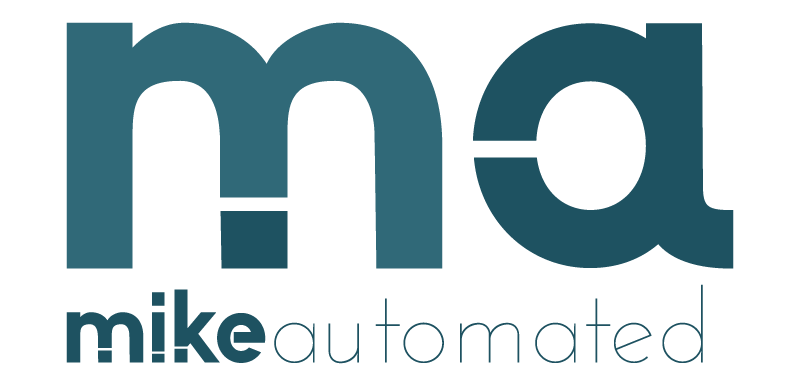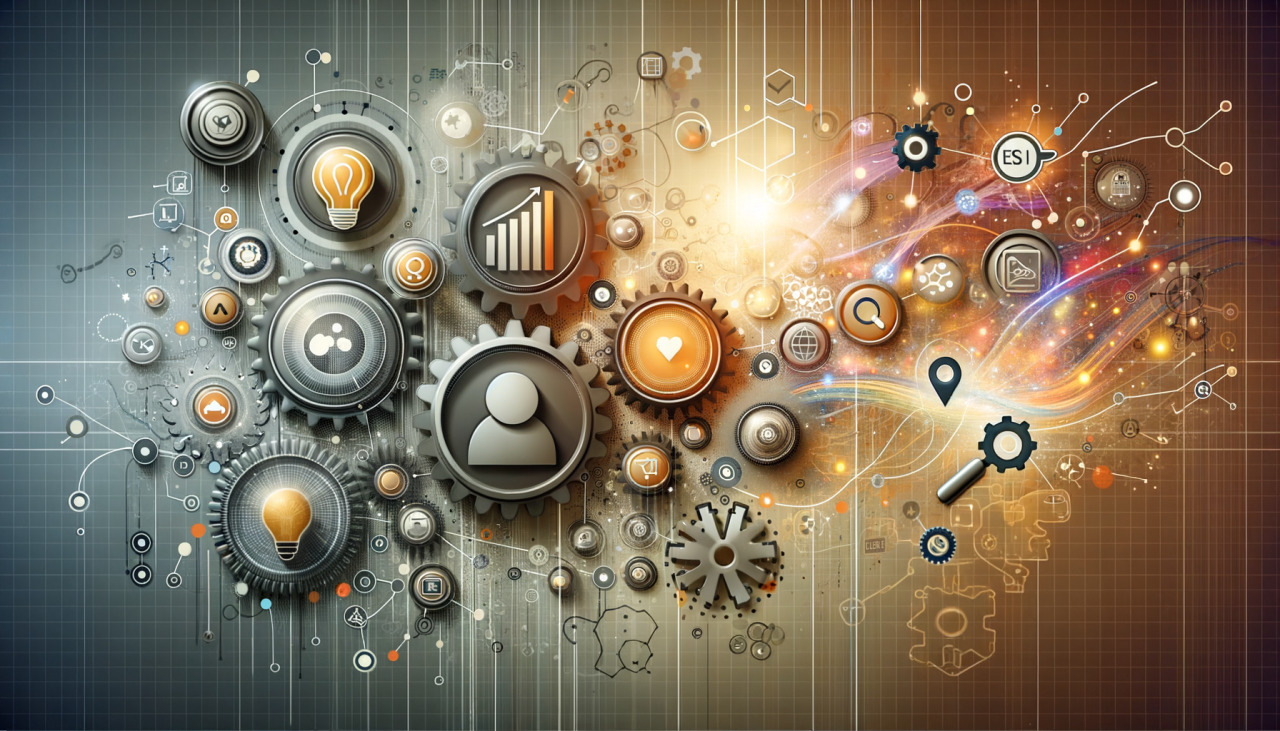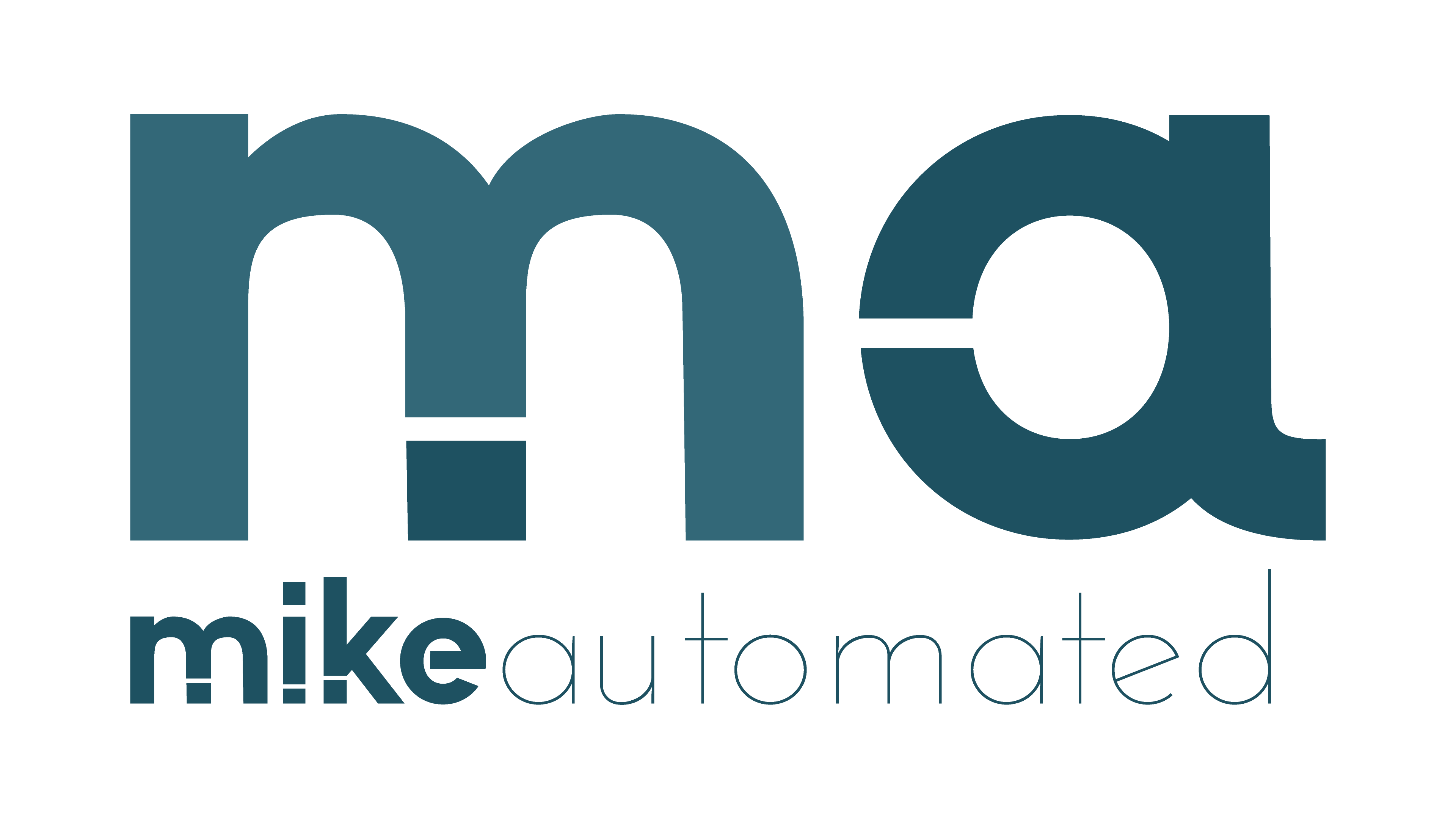TL;DR:
- Personalization at Scale: AI enables businesses to create personalized marketing experiences for large audiences efficiently.
- Predictive Analytics: AI helps predict customer behavior, enabling data-driven decision-making.
- Smarter Advertising: AI-powered tools optimize ad placement and targeting for better ROI.
- Enhanced Content Creation: AI streamlines content production, improving relevance and engagement.
- Chatbots and Customer Service: AI chatbots provide instant and effective customer support, improving the user experience.
1. Personalization at Scale
Personalization is no longer just a nice-to-have in digital marketing—it’s a necessity. Consumers expect brands to deliver customized experiences, and AI makes this possible at scale. AI algorithms analyze user behavior, preferences, and demographics to deliver highly personalized content. For example, platforms like Netflix and Spotify use AI to recommend shows or songs that align with individual user preferences. In email marketing, AI tools help segment audiences and adapt content, ensuring each recipient receives relevant offers or messages. Practical Tip: Use tools like Adobe Target or Dynamic Yield to create personalized customer experiences across your website and marketing platforms.2. Predictive Analytics for Proactive Marketing
Predictive analytics, powered by AI, allows marketers to anticipate future behaviors and trends. By analyzing patterns in historical data, AI can make accurate predictions about customer actions such as purchasing decisions or engagement levels. For instance, e-commerce platforms can use predictive analytics to suggest similar products based on past purchases, driving upsells and cross-sells. Retailers like Amazon leverage AI to forecast inventory needs, ensuring items are available when consumer demand spikes. Example: An apparel brand might use AI to predict which products will trend in upcoming seasons and adjust marketing campaigns to align with those trends.Why It Matters:
Predictive analytics helps businesses optimize their budgets by understanding which strategies—such as promotions or content campaigns—are most likely to succeed.3. Smarter Advertising with AI-Powered Tools
AI-driven advertising takes guessing out of the equation. With tools like Google Ads’ AI-based Smart Bidding or Meta’s (formerly Facebook) ad optimization algorithms, advertisers can better target users and manage budgets. AI platforms analyze user engagement, conversion rates, and audience profiles to ensure ads reach the right people at the right time. AI also plays a significant role in programmatic advertising, where ads are purchased automatically based on real-time data. This minimizes human intervention and ensures the most relevant ads are shown to a specific audience.- Efficiency: Algorithms refine campaign parameters continuously for improved performance.
- Precision: AI enables hyper-specific audience targeting based on behavior, location, and intent.
4. Enhanced Content Creation and Optimization
AI is revolutionizing content creation by helping marketers generate, optimize, and repurpose materials efficiently. From automated blog posts to smarter SEO strategies, AI-powered tools are invaluable in producing engaging and search-optimized content. Platforms such as Grammarly and Copy.ai can enhance copywriting, ensuring clarity and relevance. Tools like Clearscope use AI to recommend keywords, headings, and related topics, improving your content’s ability to rank higher on search engines.Content Creation in Action:
AI can assist in creating data-driven articles, social media updates, or even video scripts. Businesses are also using AI-driven analytics to track which types of content perform well, guiding future strategies. Actionable Tip: Use tools like SEMrush or SurferSEO to optimize your blog posts and ensure they align with top-ranking keywords.5. AI-Driven Chatbots and Customer Service
AI-powered chatbots have transformed customer service in digital marketing, offering efficiency and immediacy. Unlike traditional human agents, chatbots can engage with users 24/7, providing instant responses to common inquiries. For example, e-commerce websites often use AI bots to assist customers with product searches or issues during checkout. Brands like Sephora employ AI-driven chatbots to offer beauty tips and product recommendations, enhancing the overall shopping experience.How Businesses Benefit:
- Cost Savings: AI chatbots reduce dependency on customer support teams.
- Improved User Experience: Quick, accurate responses boost customer satisfaction.



